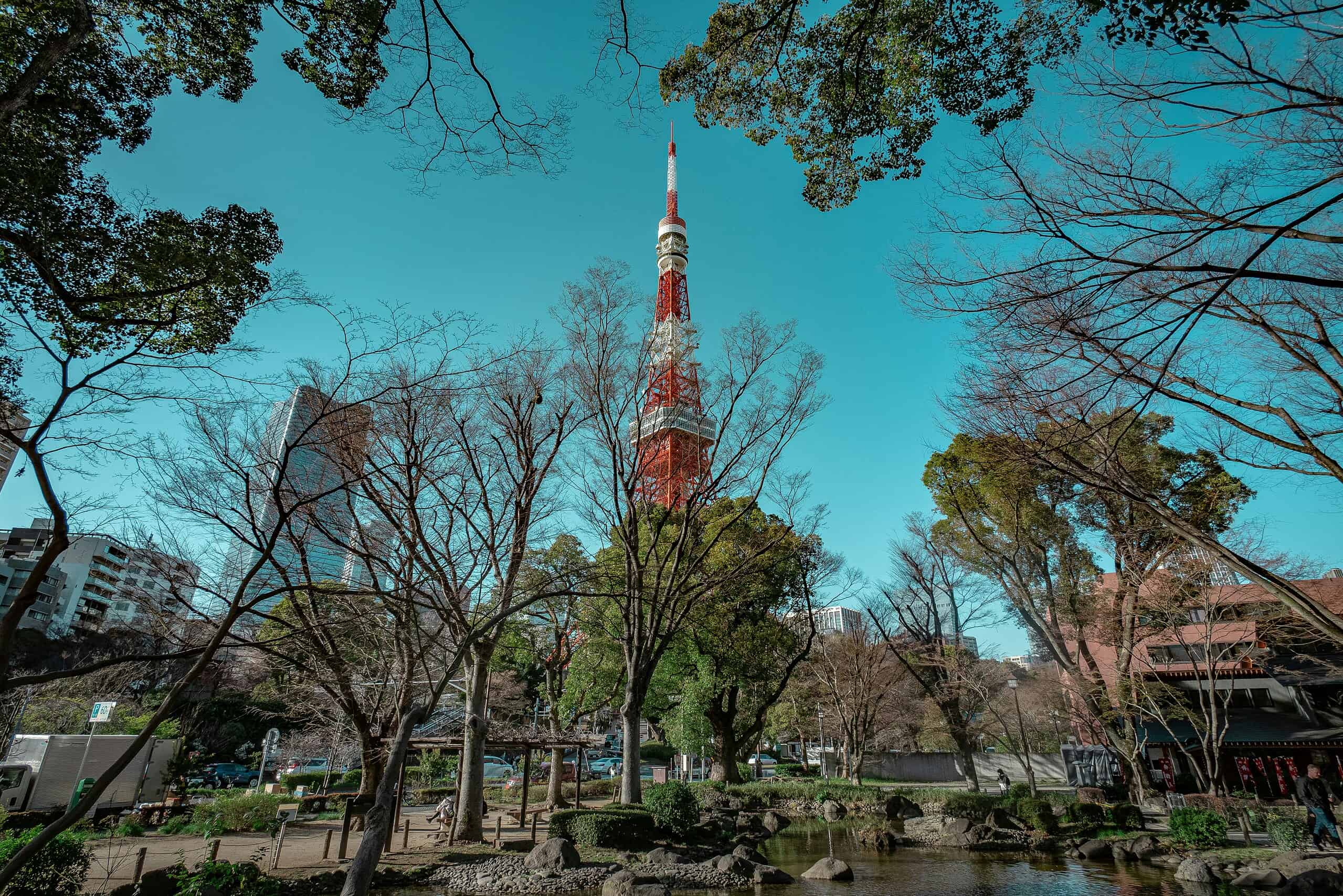This city has just beat Budapest and Rio to top the 2025 digital nomad rankings.
The Japanese capital of Tokyo has been crowned the world’s leading “workcation” city for 2025, usurping last year’s champion Budapest, Hungary in a comprehensive ranking that reflects the growing appetite for remote work travel hybrid lifestyles. Rio de Janeiro, Brazil came second and Budapest this time, third.
Tokyo secured top honours in the International Workplace Group’s (IWG) annual Work from Anywhere Barometer, which assessed 40 global cities across twelve criteria like broadband quality, transport infrastructure, and the newly introduced categories of digital nomad visa availability and proximity to natural attractions.
Rio de Janeiro claimed second place, cementing its position through improved 5G coverage and expanded co-working facilities, whilst former winner Budapest rounded out the top three despite new visa policies affecting its standing.
While European cities dominated the upper echelons, with Barcelona, Lisbon, Rome, Paris and Valletta all securing top-ten positions. Far Eastern destinations however, also performed particularly strongly, with Seoul and Beijing placing fourth and sixth respectively.
Tokyo’s triumph reflects Japan’s strategic embrace of the digital nomad economy, with the country welcoming a record 37 million international visitors in 2024. The city excelled across multiple metrics, from its world-class broadband speeds and transport networks to its robust safety record and rich cultural offerings. The introduction of Japan’s digital nomad visa in April 2024, permitting year-long stays at competitive rates, proved decisive. Tokyo’s proximity to nature: mountains, coastlines and national parks also resonated with workers increasingly prioritising access to this alongside urban amenities.
“I feel so grateful to be able to work-from-anywhere,” says 27 year old Xavier Anderson, a marketing professional who works remotely whilst travelling across Europe. “It’s improved my wellbeing hugely, and my productivity has actually increased. The flexibility has been life-changing, and I feel more committed to my work.”
The ranking reflects a significant shift in working patterns, with research revealing that 60% of hybrid workers are now more likely to extend holidays for remote work compared with last year. Perhaps more tellingly, 86% cite flexible workspace availability as a decisive factor when selecting destinations. Underscoring how “workcations” have evolved from pandemic-era experiments into permanent fixtures of modern working life, now businesses and destinations, are recognising the potential to boost productivity and retention of professionals.











